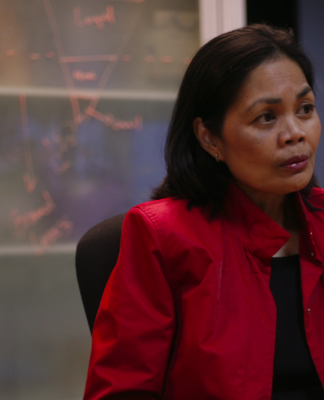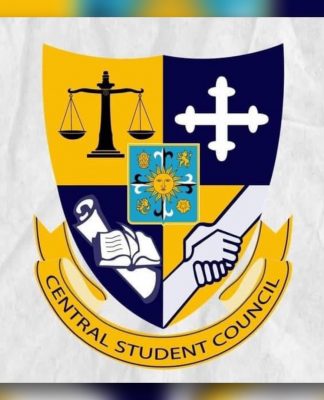A YEAR after People Power II, the country is still confronted by severe divisions.
The divide between the rich and the poor, which became evident after the arrest of deposed President Joseph Estrada, has become even wider; the rift needs to be bridged by President Macapagal-Arroyo. But faced with a host of other problems, the government can hardly uplift the lives of the masses.
A number of coup plots and Senate inquiries going nowhere have almost crippled the one-year-old government, which has however shown some talent in braving the odds. Her right to the presidency was constitutionally questioned. And when she was compared with her predecessor, what was often raised was her lack of “mass appeal.”
In its Jan. 28 issue, Time magazine, which has Macapagal-Arroyo on the cover, quotes an official as saying that “her popularity is solid but prevailing opinion maintains that she is accepted but not liked, disconnected, bereft of that common touch that Erap wielded.”
Some disaffected groups of the so-called civil society have threatened to stage an “Edsa 4” for their dissatisfaction with the Chief Executive’s performance. Some of them have questionable motives, but they add just the same to the perception of a presidency increasingly under attack.
So will people go back to Edsa? Alas, this has become a vicious cycle for Filipinos—they have created an institution out of a mercurial event.
Supreme Court Justice Jose Vitug was frank in his observation. “After two non-violent civilian uprisings within just a short span of years between them, it might be said that popular mass action is fast becoming an institutionalized enterprise,” he said.
Political analysts agree that the problem may be traced to the widespread lack of trust in political institutions. Because they are often unsatisfied, people tend to overuse People Power. And political turmoil undermines the economy.
Surely, the people’s confidence in democratic institutions must be restored. Toward this, our political institutions must deliver and earn the confidence of the people. In addition, our justice system must reform itself. There are no shortcuts.
Democracy must be reformed politically and economically. President Macapagal-Arroyo has shown a mastery of economics. But she must realize that economic reforms should be complemented with political initiatives. She must master both economics and politics.
This means that the President must work with the rest of the institutions of government as well as the different sectors of the society. What they need to do is work. There should be no ifs or buts.















